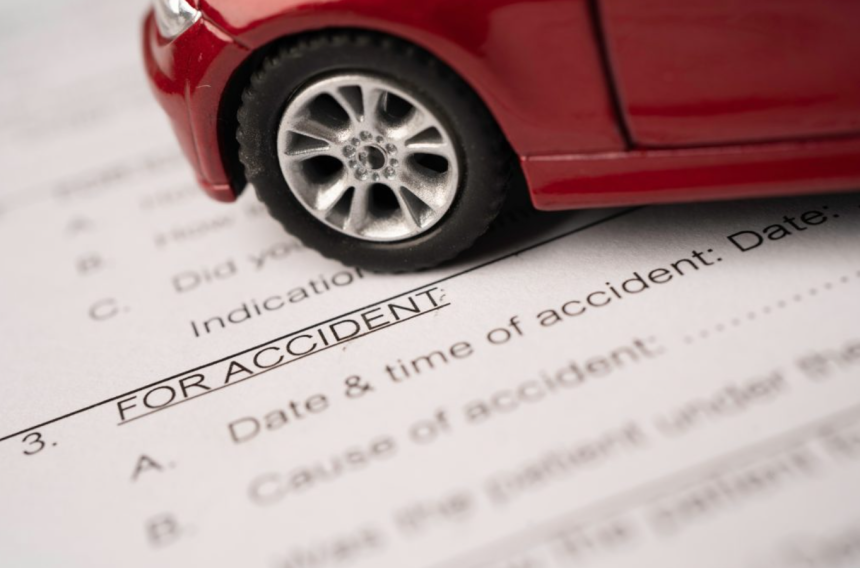In most cases, it is required by law to report a car collision. If you don’t, you can risk legal repercussions or forfeit your opportunity to get paid for your damages. Click here for more information on the repercussions of failing to report a car accident.
When Must a Driver Report a Car Accident?
Everyone in a car accident must notify the police if there were wounds or deaths or more than $500 worth of property damage. The majority of auto accidents meet these criteria. However, even if no one was immediately wounded, there could have been hidden injuries and $500 worth of property damage. Therefore, it’s best to always report an automobile collision unless it is very small.
What Happens If You Don’t Report a Car Accident?
You could be charged with a crime if your car accident met the legal requirements mentioned above and you failed to report it. Because you drove away and fled the site of the accident, the victim may allege that the collision was a hit-and-run. This entails up to a year in jail, fines, and license suspension. Leaving the scene of an accident if someone is killed or gravely injured might result in a hit-and-run charge. A felony conviction carries a sentence of one to five years in jail. Not reporting an accident can result in legal action from a wounded crash victim, in addition to the penalties mentioned above. The wounded motorist (or the family if the person passed away) may submit a claim or sue you for damages, for instance, if you caused an automobile accident and fled the scene without reporting it.
What Would Happen If I Was in a Minor Car Crash?
Should you report the accident if there are no injuries and minimal damage? Yes, it is the answer. In conclusion, it is always a good idea to report an automobile collision because failing to do so may have dire repercussions. Even if it weren’t required by law, failing to record a collision puts your legal rights at risk. When an accident is reported to the police, they arrive on the site, document it in a car accident report, and record the details of all parties involved. If that doesn’t occur and you attempt to seek compensation later, it will be your word against everyone else’s. Therefore, even if the crash was not your fault, you can still be held accountable for what transpired.
To ensure coverage for all damages, you should always report accidents. Damages and injuries frequently do not manifest immediately, for example, engine failures or delayed symptoms of medical ailments. For instance, a catastrophic brain injury may not manifest for hours or even days.
What Happens If You Don’t Call Your Auto Insurance After a Car Accident?
Some motorists are apprehensive about reporting an accident to their insurance provider for fear that doing so may result in higher premiums. However, it’s a bad idea to keep a collision quiet. Failing to notify your auto insurance after a collision may result in later costs and reduced coverage.














